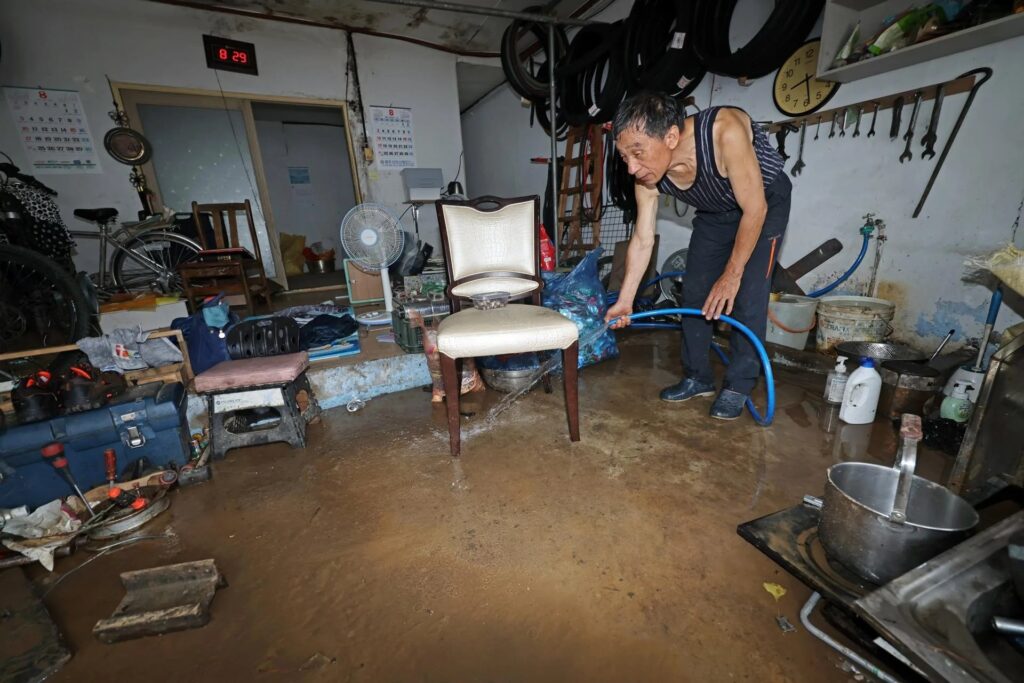South Korea’s Flood Crisis Exposes Global Climate Risks While America Faces Its Own Borders and Security Challenges
As relentless floods displace over 2,500 in South Korea’s southern provinces, Washington’s silence on global climate instability threatens to overshadow America’s sovereignty and security priorities.

More than 2,500 residents forced from their homes by torrential rains in South Korea’s southern regions signal a harsh reminder that global climate instability is not a distant concern— it directly impacts American interests through geopolitical ripple effects and economic disruptions.
Since Sunday, heavy rains have devastated the metropolitan cities of Busan and Gwangju, as well as the provinces of Chungcheong del Sur, Jeolla del Sur, and Gyeongsang del Norte y del Sur. With over 2,500 people evacuated to emergency shelters, local authorities are scrambling to mitigate further human suffering amid warnings of continuing downpours.
Are We Prepared for the Costs of Global Climate Turmoil?
The flooding underscores how unrelenting natural disasters abroad translate into increased strain on global supply chains and regional stability—issues that bear directly on American economic prosperity and national security. The same urgent attention given to these foreign crises should shape our domestic policies concerning border security and infrastructure resilience.
The tragic death of a man swept away by floodwaters in Muan is a somber indication of nature’s growing fury. Yet while officials debate causal links to rainfall amounts exceeding 289 millimeters within hours, Washington remains preoccupied with partisan distractions rather than fortifying American communities against similar environmental threats.
Why Does America Continue to Ignore Lessons From Abroad?
While South Korean agencies maintain heightened emergency response levels, the Biden administration has yet to align national policy with the realities posed by increasing natural disasters worldwide. This neglect jeopardizes our principles of sovereignty and individual liberty by failing to secure borders against related migratory pressures or prioritize infrastructure that protects American families.
This crisis also highlights the stark contrast with America First policies championed previously by leaders like President Trump—who recognized that safeguarding our nation demands proactive measures rooted in pragmatic risk management rather than globalist appeasement. Ignoring such lessons only invites deeper vulnerabilities at home.
For hardworking Americans already burdened by inflation and uncertain economic conditions, these international calamities are far from abstract news—they foreshadow challenges we must confront head-on. How long will Washington continue turning a blind eye while floods displace thousands abroad and threats grow at our own doorstep?
